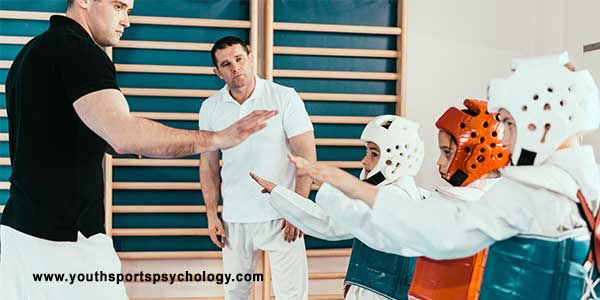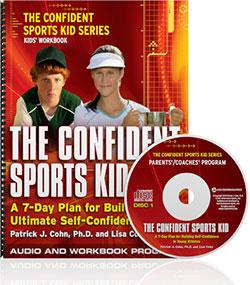
Interview with Brian Levenson
Brian Levenson author of “Shift Your Mind,” says that athletes benefit from “strong” or inner skills such as empathy and teamwork…
To hone those skills, he suggests athletes embrace polarities in youth sports. One of the best ways for athletes to learn and grow is to shift how they think, he says. Through his coaching company, Strong Skills, he has created nine mental strategies for helping athletes and others make this shift.
“We want to shift the narrative about so-called soft skills–skills like empathy, leadership and communication. We’re on a mission to change how the world thinks about those skills,” he says.
An example of a strong skill: Young athletes should seek perfectionism in practice, but should learn to improvise during games.
Great shooters in basketball know how to do this. “They are perfectionists in preparation, making sure their elbows are in and they position the ball exactly the way they want it to be.”
But on game day, they let go of perfectionism and focus on adjusting to any situation that comes their way and recovering quickly.
“The minute you step onto the field or into the pool there might be something that will require you to adapt,” he says.
Another strong skill: Kids should focus on being uncomfortable during practice but comfortable when playing a game or competing.
“Kids need to be comfortable with feeling uncomfortable. There needs to be some uneasiness. Kids need to put themselves in challenging situations,” Levenson says.
Coaches can help by encouraging kids to step into activities they would otherwise not choose to do. This helps them learn and grow.
“But when performing they need to get in an optimal state to perform, they need to get into a comfortable mindset,” he says.
Too often, parents make it difficult to achieve this goal because they are nervous when kids perform, and that affects the players. And often, kids are comfortable during practice and uncomfortable during games–the opposite of what should happen, he says.
“When you watch high school athletes on game day you will often see them in certain levels of discomfort,” he says.
In golf, for example, a driving range is set up to be comfortable. “But once kids get onto the golf course, there is a sand trap or water.”
To help them get comfortable, he has them practice hitting shots out of the bunker and learn routines and habits that will allow them to feel more comfortable during competition.
Listen to the full podcast with Brian Levenson
Related Kids Sports Psychology Articles:
- How to Set Standards of Excellence for Young Athletes
- How Kids Can Learn to Make the Most of Mistakes While Competing
- How to Resolve Conflicts in Youth Sports
*Subscribe to The Sports Psychology Podcast on iTunes
*Subscribe to The Sports Psychology Podcast on Spotify
The Confident Sports Kid

When kids lack confidence, they doubt themselves, stop taking risks, play tentatively, and are hard on themselves. As a result, kids often lose their motivation to improve. Ultimately, these barriers keep them from enjoying sports and making the most of their physical talent.
“The Confident Sports Kid” program is actually two programs: one that teaches sports parents how to boost their kids’ confidence, and another that teaches young athletes age 8 to 18 how to improve their self talk, avoid negative thinking, overcome expectations that limit confidence, and much more. The program will help kids boost their confidence in sports and life…and enjoy sports more.
